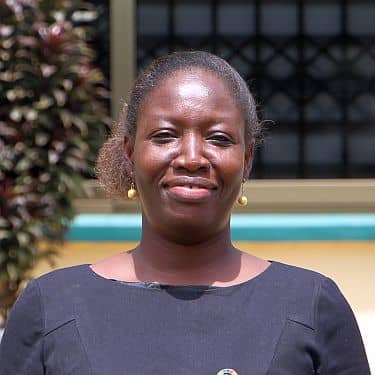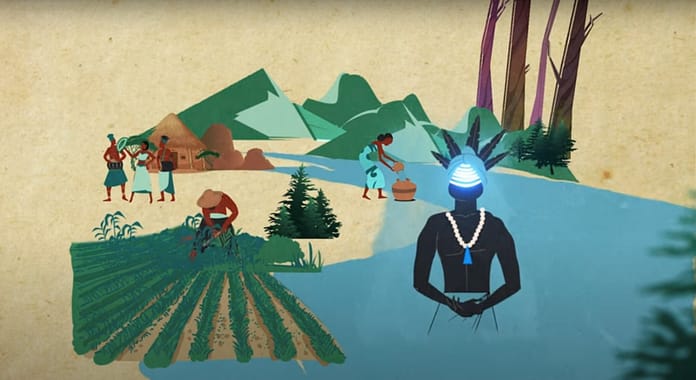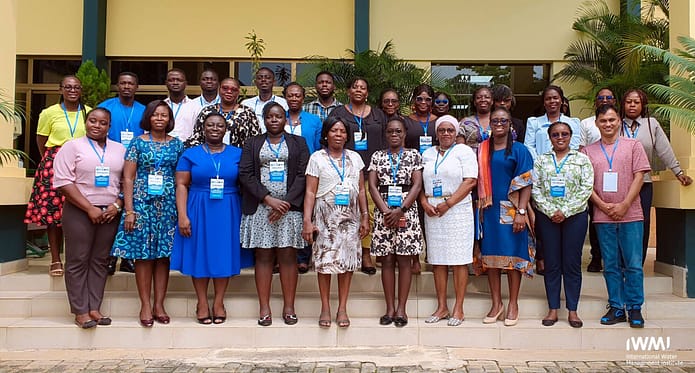Ghana
Ghana is characterized by diverse ecosystems, including tropical rainforests, savannas, and coastal regions. However, it faces significant environmental challenges such as deforestation, land degradation, water scarcity in the north, and the impacts of climate change, which threaten agricultural productivity and the livelihoods of vulnerable communities.
IWMI in Ghana
IWMI has carried out research on water and agriculture in Ghana for over two decades. Research focuses on initiatives that aim to improve agricultural practices, enhance water management, and build climate resilience in the country. IWMI’s work spans various regions in Ghana, particularly those vulnerable to climate change and its associated impacts on agriculture and water resources.
IWMI’s projects in Ghana address critical issues such as the adoption of sustainable irrigation practices, the impacts of climate variability on crop yield, and gendered roles in agricultural production. Additionally, IWMI works on improving waste management practices and exploring innovative technologies like composting and biological waste recycling to support sustainable agriculture. IWMI also engages in policy advocacy, providing valuable insights for decision-makers to strengthen climate resilience and ensure sustainable development.
Country representatives
Birhanu Zemadim Birhanu
Charity Osei-Amponsah
Get updates
Subscribe to receive email updates on our work in Ghana.
Join our WhatsApp Channel “IWMI in Ghana” and be the first to know about upcoming events and the latest news.
Latest Ghana publications

SN Social Sciences, 2025
More... [DOI]

2024
More... | Fulltext (1.73 MB)

Discover Sustainability, 2024
More... [DOI] | Fulltext (2.80 MB)








